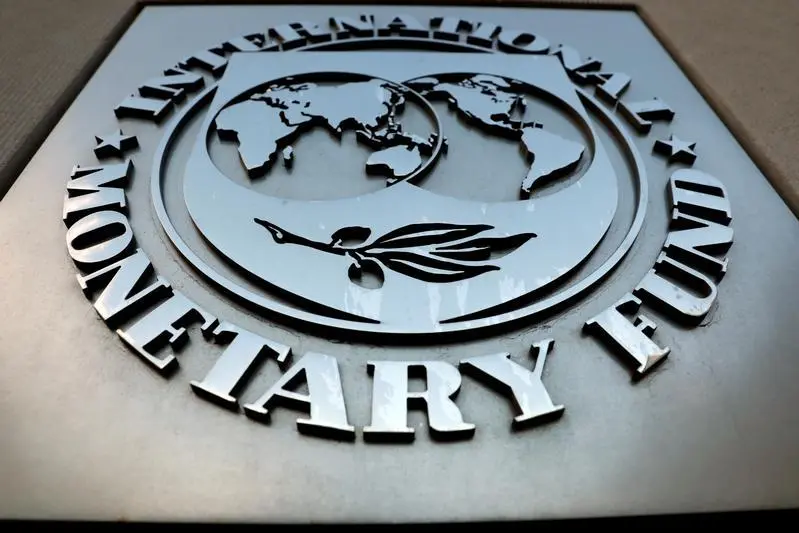PHOTO
NEW YORK - The wrangling over who will run the International Monetary Fund is, like the making of sausages, something best not watched up close. The European Union’s choice of Bulgarian economist Kristalina Georgieva as its candidate to succeed Christine Lagarde does few favors for either the lender or Europe itself. Yet it has one obvious merit - forcing the IMF to practice what it preaches about retirement ages.
Support for Georgieva shows that the convention of a European running the IMF while an American oversees its sibling, the World Bank, is still going strong, or at least that Europe assumes it will be so. President Donald Trump installed adviser David Malpass at the bank with no opposition earlier this year.
Georgieva has plenty of development experience, but she lacks Lagarde’s stature and would not be an obvious winner if IMF members conducted a global search for the best person. Her selection was a leftover of European dealmaking over posts including the head of the EU Commission and the president of the European Central Bank, which Lagarde has won.
Yet her selection is inspired in one way. At 65, Georgieva is too old for the job, which means the IMF would have to amend its bylaws to give her the post. The arguments for doing so are overwhelming. Longer life spans make retirement conventions adopted nearly a century ago outdated. The leading Democratic contenders for the U.S. presidential contest, Bernie Sanders and Joe Biden, are 77 and 76, respectively. Warren Buffett, who turns 89 later this month, shows no signs of stepping down as boss of Berkshire Hathaway.
Aging societies are also straining fiscal health. Japan had just over two people of working age for everyone aged 65 or over in 2015, a ratio that’s projected to fall to barely 1.3 to 1 in 2075, according to the Organisation for Economic Co-operation and Development. The U.S. Social Security Administration projects that its trust funds will be depleted in 2035.
The IMF has long lobbied its members for reform, including pushing for and winning politically controversial curbs on early retirement and supplementary pensions as part of Greece’s big bailout. Regardless of who ultimately gets the top job, it can only be a positive step if the lending body is – at least in a small way – taking its own medicine.
CONTEXT NEWS
- European Union governments agreed on Aug. 2 to nominate Bulgarian economist Kristalina Georgieva to succeed Christine Lagarde as managing director of the International Monetary Fund. Georgieva has spent much of her career at the World Bank, serving as chief executive since 2017. She won a narrow victory in an internal EU vote against Jeroen Dijsselbloem, the former Dutch chair of the Eurogroup of finance ministers.
- The IMF will have to amend a bylaw requiring managing directors to be younger than 65 when they are appointed if Georgieva, who turned 65 last year, is to be confirmed in the post. Members have until Sept. 6 to nominate candidates for the position, and the IMF aims to select a new chief by consensus by Oct. 4.
(Editing by John Foley and Amanda Gomez)
© Reuters News 2019





















